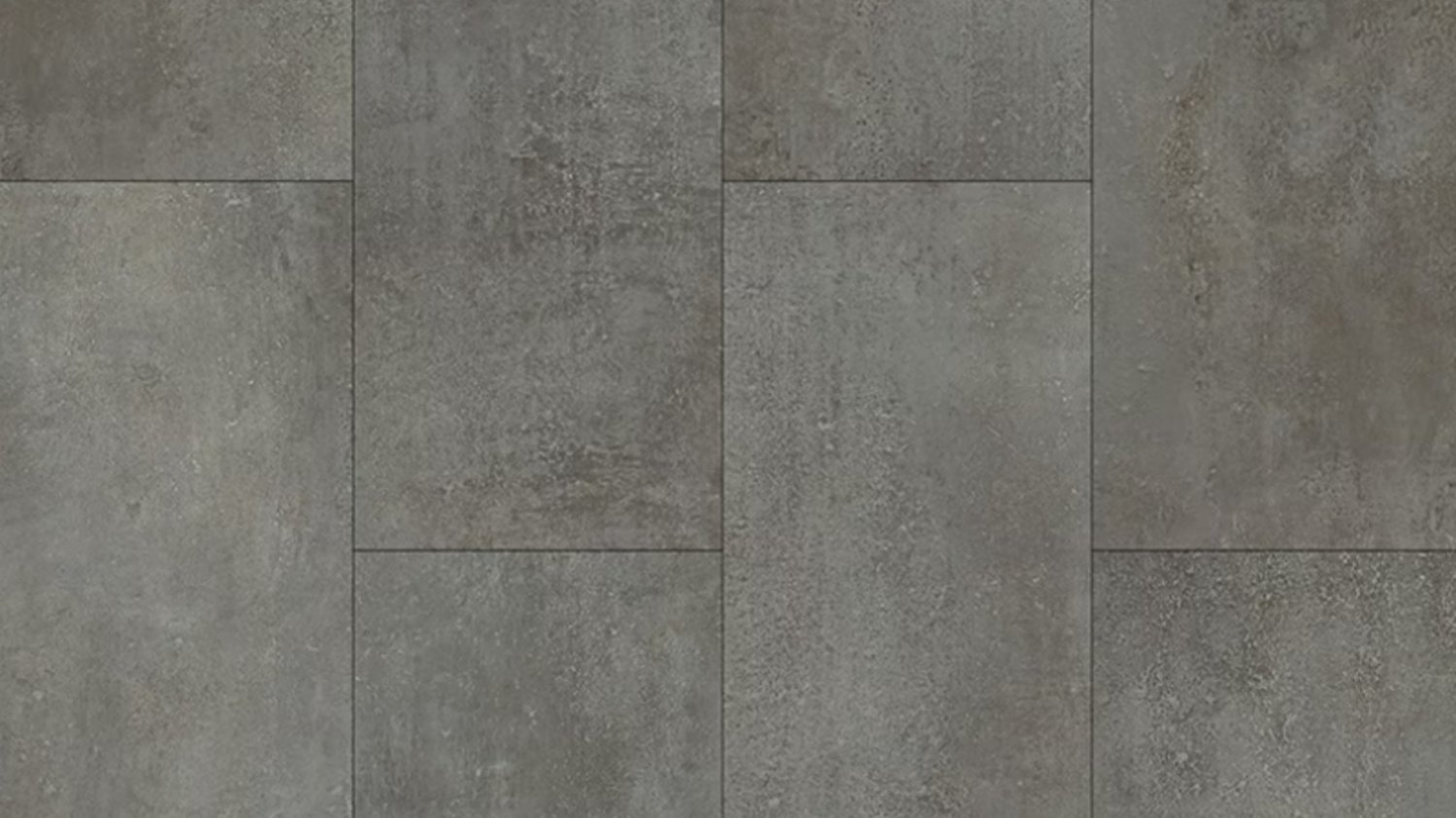Introduction
Vinyl Stone flooring is a popular flooring option that offers several advantages over other types of flooring materials. With its durability, affordability, and stylish look, it has become a top choice for homeowners looking for a functional and elegant flooring solution. In this article, we will break down the pros and cons of vinyl stone flooring and discuss its different aspects.
What Is Vinyl Stone Flooring?
Vinyl stone flooring is a type of vinyl flooring that mimics the appearance of natural stone. It is made of synthetic materials and is created using advanced manufacturing techniques that enable it to replicate the look of natural stone. The vinyl layer is printed with high-definition images of stone, making it hard to distinguish from the real thing. The surface layer is protected by a clear topcoat that provides it with durability and scratch resistance.
Advantages of Vinyl Stone Flooring
Vinyl stone flooring has several advantages that make it a popular choice for homeowners. Firstly, it is very durable and scratch-resistant, making it an ideal choice for high-traffic areas like entryways, hallways, and living rooms. It is also moisture-resistant, meaning it can be installed in areas like bathrooms and kitchens. Secondly, it is easy to maintain and clean, requiring only regular sweeping and occasional mopping. Thirdly, it is affordable compared to other natural stone materials, making it a budget-friendly option. Lastly, it is available in a wide variety of styles and colors, allowing homeowners to find a look that complements their home décor.
Disadvantages of Vinyl Stone Flooring
While vinyl stone flooring has many advantages, there are also disadvantages to consider. Firstly, it is not as authentic-looking as natural stone, although it comes very close. Secondly, it is not as long-lasting as natural stone, and it will need to be replaced sooner if it is subjected to heavy use or damage. Lastly, it may not be as eco-friendly as other flooring options since it is made from synthetic materials.
Types of Vinyl Stone Flooring
There are two types of vinyl stone flooring: luxury vinyl tile (LVT) and luxury vinyl plank (LVP). LVT mimics the look of natural stone tiles, while LVP mimics the look of natural wood planks. Both types are made of synthetic materials and have a protective topcoat.
Installation Options for Vinyl Stone Flooring
There are three main ways to install vinyl stone flooring: glue-down, interlocking, and loose-lay. The glue-down method involves gluing the vinyl tiles or planks directly to the subfloor. The interlocking method involves snapping the tiles or planks together, creating a floating floor. The loose-lay method involves laying the tiles or planks without adhesive, relying on the weight of the flooring to keep it in place.
Maintenance of Vinyl Stone Flooring
One of the advantages of vinyl stone flooring is that it is easy to maintain. Regular sweeping and occasional mopping are all that is required to keep it clean. It is important to avoid using harsh chemicals or abrasives when cleaning the flooring, as this can damage its protective topcoat.
Cost of Vinyl Stone Flooring
Vinyl stone flooring is an affordable flooring option compared to natural stone materials. The cost of installation varies depending on the type of vinyl stone flooring, the installation method, and the size of the room. Generally, the installation cost ranges from $2 to $6 per square foot.
Popular Brands of Vinyl Stone Flooring
There are many brands of vinyl stone flooring available on the market, each offering various styles and colors. Some of the most popular brands include Shaw Floors, Armstrong, Mohawk, and Mannington.
Caring for Vinyl Stone Flooring
To protect your vinyl stone flooring, it is important to take some simple steps. Keep heavy furniture off the flooring, as this can scratch or dent the surface. Place doormats at entrances to catch dirt and debris. Avoid using high heels or cleats on the flooring. Lastly, be careful when moving heavy objects that could dent or scratch the surface.

